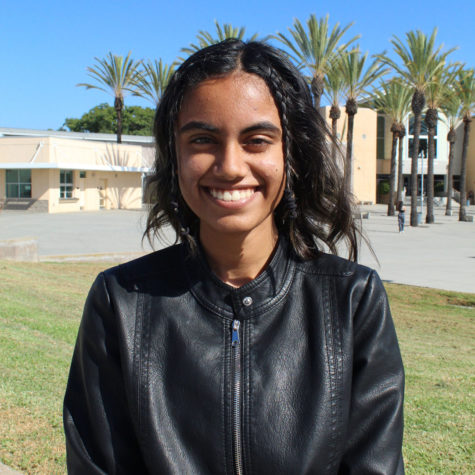No on Measure B
November 1, 2022
In the United States, San Diego is the only city that provides free trash pick-up to single-family homes. Established in 1919, the People’s Ordinance guaranteed this service at least once a week.
Measure B aims to change this. If it passes, it will amend the municipal code to allow the city to recover the $42 million it spends on such services. It would do so by requiring all residents to pay for trash service. The program proposed under Measure B could also pay for extra amenities such as weekly recycling pickup, bulky item pickup, and free trash can replacement.
All residents pay property taxes, which fund the city’s services. However, while those who own a single-family home on a public street pay no additional charge for trash collection, those who own a condo, apartment business property, or live on a private street generally must pay an extra fee for trash collection from private haulers.
Admittedly, this is unfair. But Measure B, an inherently misleading text, is not the solution. On the ballot, Measure B intentionally leaves out that the city would “recover its cost of providing these services” through a mandatory fee for trash services. The fee is what would allow the city to provide for the extra amenities, yet the measure instead confuses readers, claiming that these extra services would be provided “at no extra charge.”
San Diego City Council President Sean Elo-Rivera who co-sponsored the measure with Councilmember Joe LaCava stated that the measure would allow the city to expand their services. But the measure itself doesn’t require the city to do so, instead using language like “could allow…” and such ambiguity allows for unclear maneuvering.
To make matters worse, the city has very little evidence to predict the outcome of a change as drastic as Measure B. According to KBPS, when “asked for a list of properties and customers who currently get free trash pick-up, the city said it does not collect or track the data.” The city would determine the exact fee amount that residents would have to pay after the measure passes. In other California cities, trash collection fees vary from $24 a month in Long Beach to $143 a month in San Jose. We have little idea of what it would look like in San Diego. Debating the merits of the measure becomes extremely difficult when what it entails is so unclear.
To put it plainly, voters don’t know the fee they’ll be charged if Measure B passes. They don’t know where or what the city will invest additional funds to. They don’t know if their residence will even be eligible for trash pickup after the code’s amendment. They don’t know what, if any, additional services it could provide. In fact, if Measure B passes, the city will first conduct a two-year study to determine who and where the city will be serving.
More importantly, voters don’t know if any subsidies will be provided. The ballot measure includes no mention of a cost relief plan. While supposedly intended to make the system more fair, charging low-income or underserved communities an additional fee on top of property taxes will not make the system more fair. For the 163,126 San Diego residents who live below the poverty line, trash fees will place an undue burden.
Passing Measure B would also shut down promising alternatives, such as a “pay as you throw” fee system, which would charge a fee for trash collection beyond a certain volume guaranteed to all.
I’m certainly not opposed to the idea of a more equal and sustainable system, but what I am opposed to is voting on a measure scarcely backed with research, allowing the city far too many liberties in the system’s final determinations.
I urge you to vote no to Measure B.


